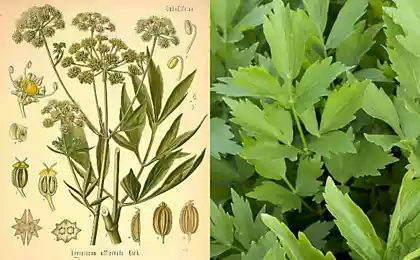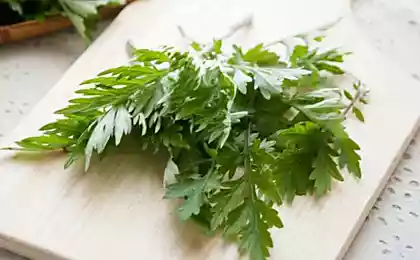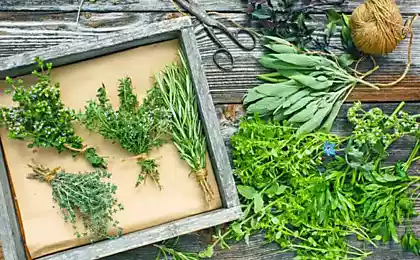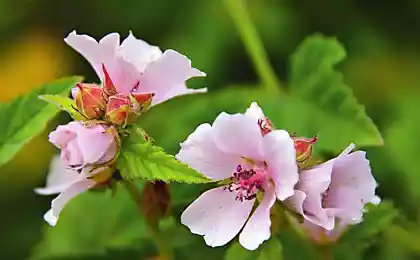1662
Smellage from inches to roots.
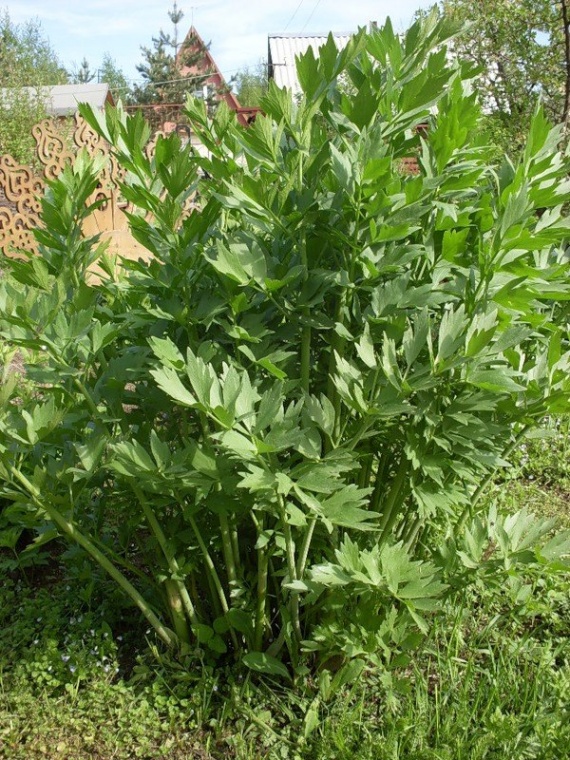
The Latin name of lovage drug (Levisticum officinale Koch.) Comes from the word ligusticum- «Ligurian" named Liguria, Italy, one of the areas where this plant occurs abundantly. Homeland plants - Southern Europe.
As a medicinal plant it is known since ancient times. The Greeks and Romans used crushed seeds or broth to improve digestion. In Europe, lovage mentioned in herbals from the 9th century. It was used by almost all diseases - from heart disease to impotence. In England, from his prepared tonics, and from the roots of a cross between the candied fruit and jam, but mainly for medicinal purposes. Rhizomes and roots of lovage included in the European Pharmacopoeia, where it is recommended as a carminative, diuretic and appetizing. The content of essential oil should be in the fresh roots at least 4 ml / kg of raw material.
Previously, lovage was known as a powerful aphrodisiac. It is believed that if you put a man lovage leaf eating, he forever yours. In this there is a certain reason - scientists pharmacologists have shown that the leaves contain a substance similar to the male hormone testosterone with an appropriate action. In the experiment on aquarium fish guppies noted androgenic effect lovage.
So MV Rytov wrote about this plant: "Most people prefer simple, as the root for the love of the beverage from which guys like girls. Other people use the root dawns completely unfounded. " Common names: Dawn garden, piper, long celery.
